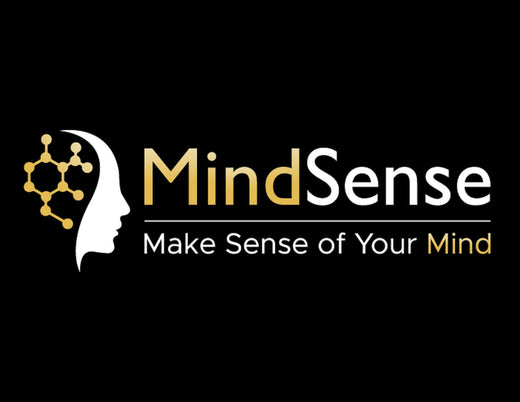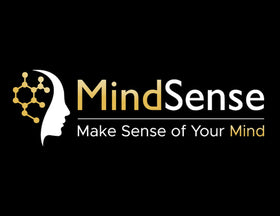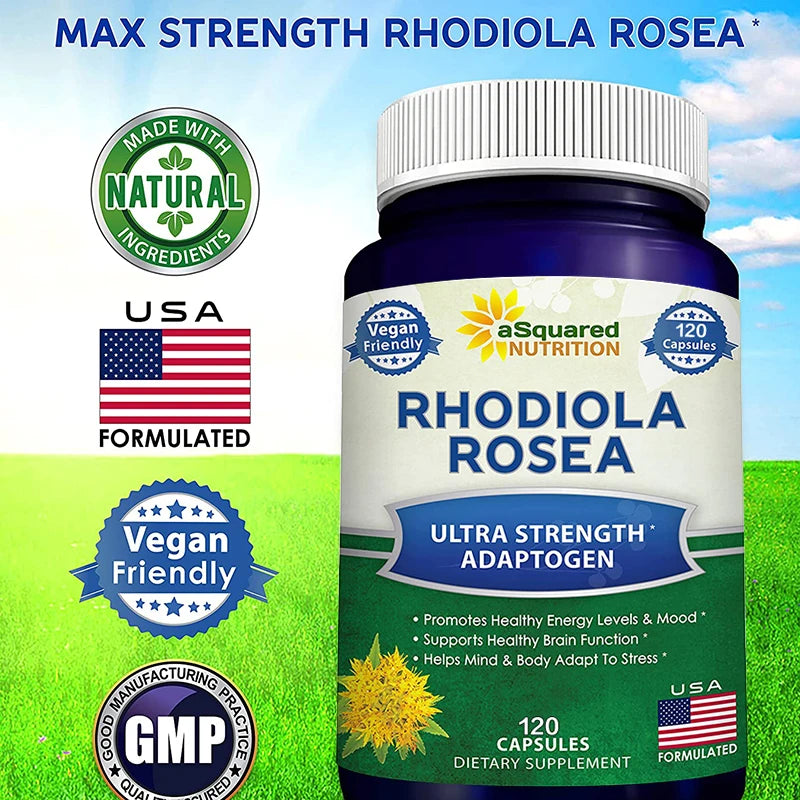The Role of Vitamins in Promoting Healthy Cognitive Function
Introduction: Understanding the Connection between Vitamins and Cognitive Function
Understanding the link between vitamins and cognitive function can significantly impact our brain health. Vitamins are essential nutrients that our bodies need in small amounts to function correctly. They play a vital role in maintaining healthy cognitive function, which includes memory, attention, perception, reasoning, and problem-solving. A deficiency in certain vitamins can impair these cognitive functions and even contribute to neurological disorders. Therefore, ensuring an adequate intake of these essential nutrients can help in promoting a healthier brain and improving cognitive abilities.
The Importance of Vitamin B Complex in Brain Health
Vitamin B complex plays a crucial role in maintaining brain health and promoting cognitive function. It aids in the production of key neurotransmitters in the brain, like serotonin and dopamine, which are essential for mood regulation and cognitive function. Vitamin B deficiency can lead to memory loss, mood disorders, and cognitive impairment. So, incorporating sufficient amounts of Vitamin B in your diet is essential for a healthy brain. Foods rich in Vitamin B include whole grains, beans, peas, and lean meats. Regular intake of these foods can significantly enhance brain function and improve your overall mental health.
Role of Vitamin C in Protecting Cognitive Function
Vitamin C plays a crucial role in maintaining healthy cognitive function. This vital nutrient supports brain health by protecting it against oxidative stress and inflammation, two factors linked to cognitive decline. It's also involved in the synthesis of neurotransmitters, the chemical messengers in our brain, contributing to mental clarity and memory. Regular intake of vitamin C-rich foods like citrus fruits, strawberries, and bell peppers can help safeguard your cognitive health and keep your mind sharp. So, don't forget to add a splash of color to your meals with these vitamin-rich foods to support your brain health.
Vitamin D: A Key Player in Neurological Health
Vitamin D, often dubbed as the 'sunshine vitamin', plays a critical role in maintaining neurological health. It's not just about bone health and calcium absorption, Vitamin D also impacts our cognitive function. Studies link Vitamin D deficiency to an increased risk of dementia, cognitive decline, and mental disorders such as depression and schizophrenia. By boosting nerve growth and protecting brain cells, Vitamin D supports overall brain health. So, make sure you're getting enough sun exposure, or include Vitamin D-rich foods like fatty fish, cheese, and egg yolks in your diet. Remember, a healthy brain is a happy brain!

The Impact of Vitamin E on Cognitive Performance
Vitamin E plays a significant role in maintaining cognitive performance. This essential nutrient, found in foods like almonds, spinach, and sweet potatoes, acts as an antioxidant in the body, protecting cells from damage caused by free radicals. Research suggests that a sufficient intake of Vitamin E can help prevent cognitive decline as we age. It can boost brain health, improve memory and concentration, and even help combat diseases like Alzheimer's. So, incorporating Vitamin E rich foods into your diet is a simple but effective way to promote healthier cognitive function.
Folic Acid: Crucial for Brain Development and Function
Folic acid, also known as Vitamin B9, plays a pivotal role in brain development and function. It's crucial for the production of DNA and RNA, the body's genetic material, especially during periods of rapid cell division and growth like pregnancy and infancy. A deficiency of folic acid in these critical periods can lead to significant complications, including impaired brain development. Moreover, folic acid aids in the creation and maintenance of new cells, which is vital for optimal brain function. Regular intake of folic acid can also help prevent memory loss and improve cognitive function. So, to keep your mind sharp and healthy, don't forget to include folic acid in your diet.
Omega-3 Fatty Acids and Cognitive Health: An Undeniable Link
Omega-3 fatty acids play a crucial role in maintaining healthy cognitive function. They are essential fats that our bodies need but can't produce, so we must get them through our diet. Consuming foods rich in Omega-3, like fish, flaxseeds, and walnuts, or taking supplements can significantly boost your brain health. These fatty acids are known to improve memory, enhance focus, and reduce the risk of Alzheimer's disease. They also aid in the proper functioning of brain cells, promoting overall cognitive health. So, incorporating Omega-3 fatty acids into your diet is a simple yet effective way to support your brain health.

How to Incorporate Vitamin-Rich Foods into Your Diet for Better Brain Health
Boosting your brain health is as simple as incorporating vitamin-rich foods into your diet. Start by adding fruits and vegetables like berries, avocados, and leafy greens, which are packed with antioxidants and vitamins, particularly vitamin E, known to support cognitive function. Next, include fish like salmon and mackerel in your meals, as they're rich in omega-3 fatty acids and vitamin D, both essential for brain health. Don't forget to sprinkle some seeds and nuts on your salad or yogurt, as they're excellent sources of vitamin E and B. Lastly, whole grains and eggs, rich in B vitamins, can support overall brain health. By making these small changes, you'll not only enhance your brain function but also improve your overall health.
The Risks of Vitamin Deficiencies on Cognitive Function
Deficiencies in essential vitamins can pose serious risks to our cognitive function, the brain's ability to process information. Without enough vitamins, our brain may struggle to perform basic tasks. For instance, vitamin B12 deficiency can lead to memory loss, confusion, and even dementia. Similarly, lack of vitamin D has been linked to decreased cognitive function, particularly in older adults. Therefore, maintaining a balanced diet rich in all essential vitamins is key to promoting healthy cognitive function.
Conclusion: Maintaining Cognitive Health through a Vitamin-Rich Diet.
In conclusion, maintaining cognitive health is not a complex task. It's as simple as incorporating a vitamin-rich diet into your daily routine. Consuming foods high in essential vitamins, such as B, C, and E, can significantly enhance your brain function. These vitamins help in boosting memory, improving focus, and promoting overall cognitive health. Therefore, adding fruits, vegetables, nuts, and whole grains to your diet can pave the way to a sharper mind and a healthier life. Remember, a healthy brain is just a diet away!






Leave a comment